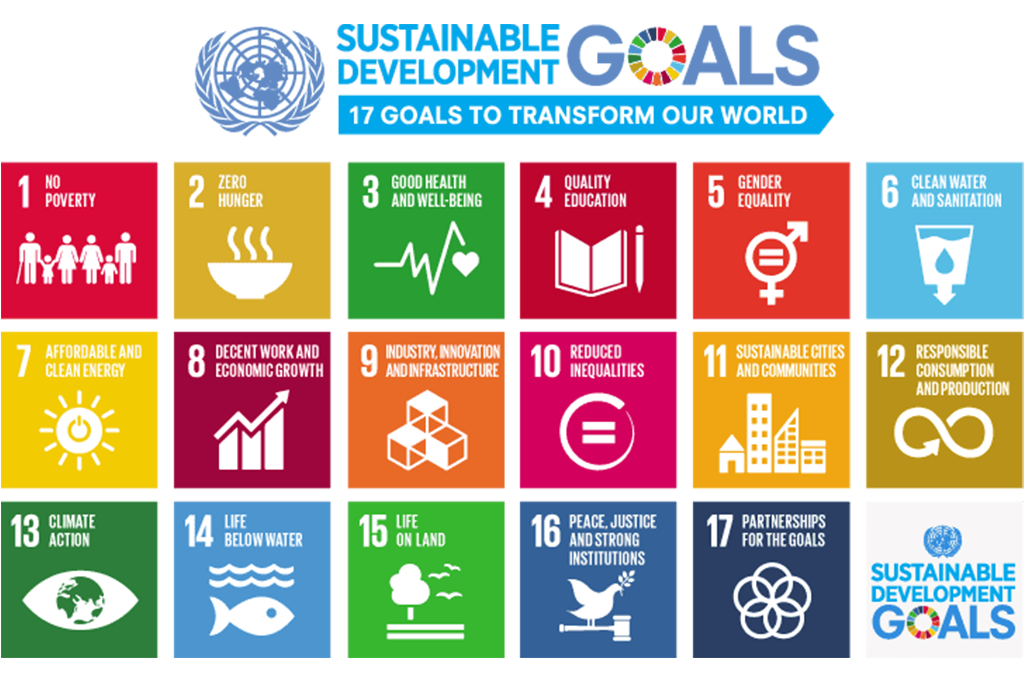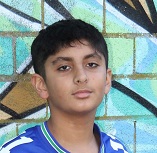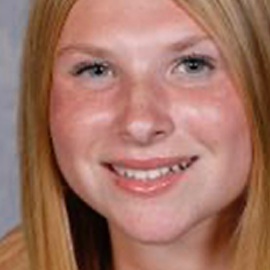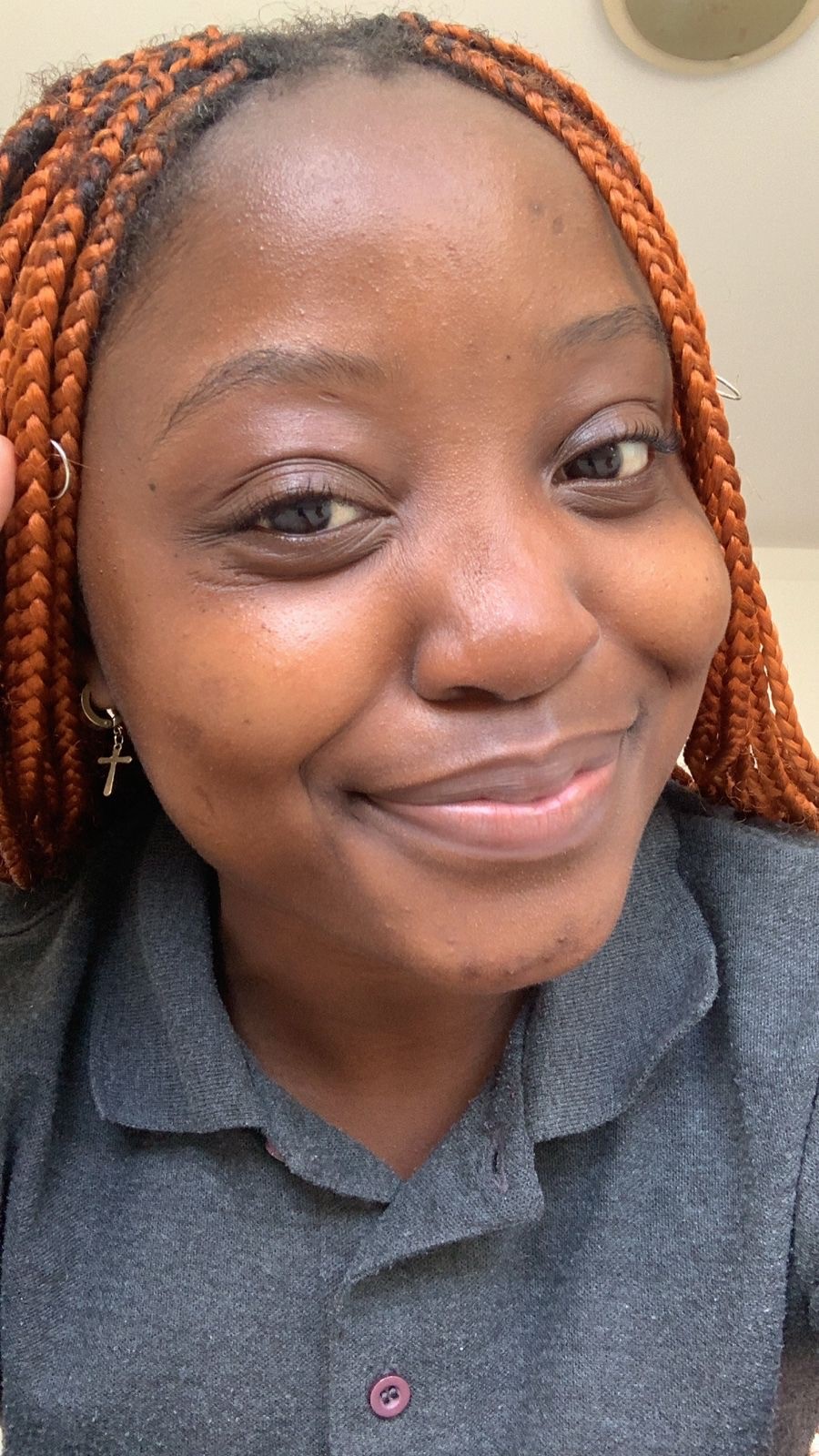Citation (Pending): O. Sanan, G. Pertuz, J. Bessette and A. Winter, “Mapping the inland global solar desalination demand using an updated global salinity dataset and geospatial multicriteria analysis,” 2025 Desalination, Cambridge, MA.
Research Project and Specific Role: My research with MIT’s GEAR Lab, led by Dr. Amos Winter, focused on geospatial multicriteria analysis to identify optimal locations for implementing photovoltaic (PV)-powered, inland, brackish-water desalination systems. This project aimed to address water scarcity in low- and middle-income countries (LMICs) by targeting underserved regions where decentralized desalination could have the greatest impact. Using seven global metrics—including water salinity, water stress, population density, solar irradiance, and electricity prices—I analyzed data across a one-degree global grid using five statistical and machine learning methods. These techniques included Principal Component Analysis, regression analysis, and AutoML. My contributions culminated in creating the most comprehensive inland salinity database to date, comprising over two million data points, especially from hard-to-access regions in Africa, Asia, and South America. As first author, I spearheaded the synthesis of these metrics into a feasibility map highlighting high-potential areas where millions could benefit from clean water access.
Beyond technical contributions, I facilitated cross-institutional collaboration between MIT and NREL to secure potential funding and grants, advancing the project’s broader goals of sustainability and equity.
How I Became Involved in This Research Project: For my 5th-grade Capstone project on water treatment disparities between developing and developed countries, I visited Dr. Jeff Grossman’s nanofiltration labs at MIT’s Department of Mechanical Engineering and received guidance from one of his graduate students. This experience sparked my interest in water treatment technologies and led me to maintain an ongoing dialog with several MIT researchers in this field.
In early 2023, I met Jonathan Bessette at MIT’s GEAR Lab while preparing for the IEEE MIT URTC research paper competition. The GEAR Lab, led by Dr. Amos Winter, focuses on affordable, scalable desalination systems for low- and middle-income countries (LMICs). Dr. Winter’s work aligned with my passion for renewable energy and water sustainability. After reading his publications on electrodialysis desalination, I reached out to Dr. Winter and Jonathan with ideas for integrating machine learning and geospatial analysis into their research. They recognized my enthusiasm and technical background, which included: (1) developing optimization models for water-energy systems
(2) managing a nonprofit implementing clean water projects globally, and
(3) gaining insights into community-scale desalination from visiting over 20 desalination plants worldwide. As a result, I joined the GEAR Lab to contribute to their initiative while honing my research-writing skills, further advancing my expertise in desalination research to tackle global challenges









